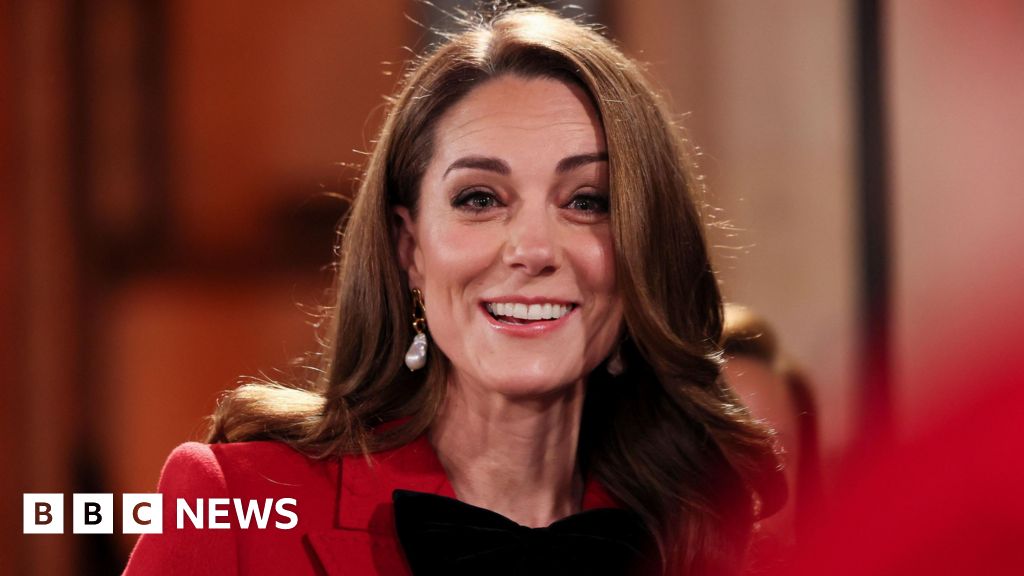Amid the diplomatic row between the UK and Nigeria, a storm of controversy has erupted over comments made by UK Conservative Party leader Kemi Badenoch regarding Islamic extremism in Northern Nigeria. Badenoch, who has Nigerian roots but was raised in both Nigeria and the UK, has been vocal about her experiences with corruption and insecurity in Nigeria, attributing some of the instability to Islamic extremism in the northern regions.
Kashim Shettima, Nigeria’s Muslim Vice President, responded to Badenoch’s remarks with criticism. He suggested that if Badenoch felt no pride in her Nigerian heritage, she should “remove the Kemi from her name.” Shettima’s comments were made during a migration summit in Abuja, where he also contrasted Badenoch’s stance with that of former UK Prime Minister Rishi Sunak, praising Sunak for not denigrating his nation of ancestry. This sparked a debate on social media platforms like X, where users dissected the implications of such statements on national identity and pride.
The debate escalated when Bashir Ahmad, who served as an aide to former Nigerian President Muhammadu Buhari, reposted a controversial statement on X. Ahmad expressed that he would be “proud to be called an Islamic extremist,” a statement that was perceived by some as an endorsement of radicalism, while others saw it as a provocative response to what they viewed as Western criticisms of Islam. This post has since stirred a significant amount of discussion and contention online, with opinions varying widely among users.

On one side, there are those who argue that Badenoch’s comments, while critical, were based on personal experiences and the observable state of affairs in parts of Nigeria. They believe that acknowledging such issues could lead to constructive dialogue and solutions. Critics of Shettima and Ahmad assert that their responses might deflect from addressing the actual problems of extremism and governance within Nigeria.
On the other hand, defenders of Shettima and Ahmad argue that the comments from Badenoch could be seen as part of a broader narrative that unfairly targets Muslim-majority regions or countries under the guise of critique. They stress the importance of national pride and the need for leaders like Shettima to defend their country’s image and unity, especially when critiqued from abroad.
The debate on X reflects a broader conversation about how nations, politics, and identity intersect, especially when public figures from one country comment on the internal affairs of another. The controversy has brought to light issues of cultural sensitivity, the right to critique, and the complex dynamics of diaspora politics.
This situation underscores the delicate balance between freedom of speech and diplomatic relations, the responsibilities of politicians in their public statements, and the impact of social media in amplifying or distorting these discussions. As this debate unfolds, it remains to be seen how it will affect diplomatic ties between the UK and Nigeria, and what lessons can be learned about the power of words in the international political arena.

 6 hours ago
42
6 hours ago
42















 English (US) ·
English (US) ·